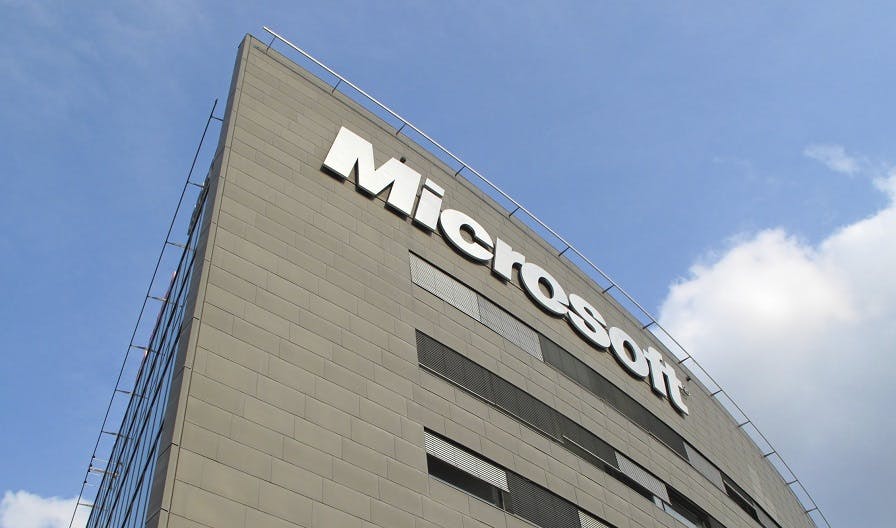Do you use Windows Server 2003?
In case you answered yes, then hopefully you’re fully aware that on 14th July 2015 support for Windows Server 2003 will end. If you’re still running the platform after this date you will be vulnerable to significant security risks compromising data records, which would end up more costly than the initial migration to a newer version of the platform.
With 14th July less than 100 days away, below you can find outlined eight reasons why – if the wheels aren’t in motion already – your organisation should look to get its migration underway as soon as possible. After all, moving to more modern platforms and technologies, whether on premise or in the cloud via Windows Server 2012 R2, Microsoft Azure and Office 365, will not only reduce risk, it will enable a host of new capabilities.
- Power a Mobile Workforce
SMEs are increasingly supporting a mobile workforce as employees look to work in ways that best suit them. Using server-based technologies powering the mobile-first, cloud-first world within which we live, organisations can securely deliver easy remote access to on-site applications, while productivity tools empower the workforce to better collaborate inside and outside the office. Furthermore, the ability to rapidly develop new enterprise applications in a cost effective way is driving innovation too.
- Grow Efficiently
Modern server and cloud-based technologies allow organisations to expand, be agile, and adapt to change more easily. Today, all industries are having to manage unprecedented – and ever-expanding – volumes of data. By migrating to the latest server-based technologies, organisations will be able to rapidly scale their server capacity to suit needs, while only paying for what they use. Similarly, virtualising servers allows better management and speed of provisioning.
- Security Patches will End
Users who continue to run Windows Server 2003 will no longer receive security patches or updates. For context, in 2014, over 20 security vulnerabilities for Windows Server 2003 were detected and addressed – this type of threat detection and prevention will not continue after the end of support. One single unpatched server puts your entire organisation at risk, and it cannot be eliminated by simply virtualising it or moving it to the cloud.
- Remain Compliant with Industry Standards
Compliance violations are expensive and can hinder your ability to do business. With many industry bodies, requiring organisations to use operating systems with current patches, the end of support for Windows Server 2003 will leave many organisations in breach of their respective regulations.
- Safeguard Modern IT
Data security and privacy is often cited as a key concern among SMEs – an issue which can be mitigated by upgrading to the latest server platforms. The role of IT and the devices we use have changed significantly since 2003. With the latest version of Windows Server, you can better control access to data, manage mobile devices, protect critical data, automatically back-up files, and be ready for the unexpected.
- Extended Support is not Cost-Effective
If you’re planning on purchasing a Custom Support Agreement for extended support for Windows 2003, then it’s critical you understand it is at best a stop gap measure. Some analysts have indicated that the cost of tailored support for the system post 14th July will likely be three times that of Windows XP.
- Get Ahead of the Pack
Starting the migration now ensures you avoid the rush and have ample time to migrate before Window Sever 2003’s end of support, and with upgrades typically taking between 200 to 300 days it means your infrastructure will not be left exposed. Furthermore, moving to the latest server-platforms today means you have access to enterprise-grade state of the art features and technology innovation, empowering you to achieve significant gains well ahead of your competitors.
More information can be found HERE.
————————–
About the Author:
Mike Heald, Cloud and Enterprise Product Manager, Microsoft Australia.

